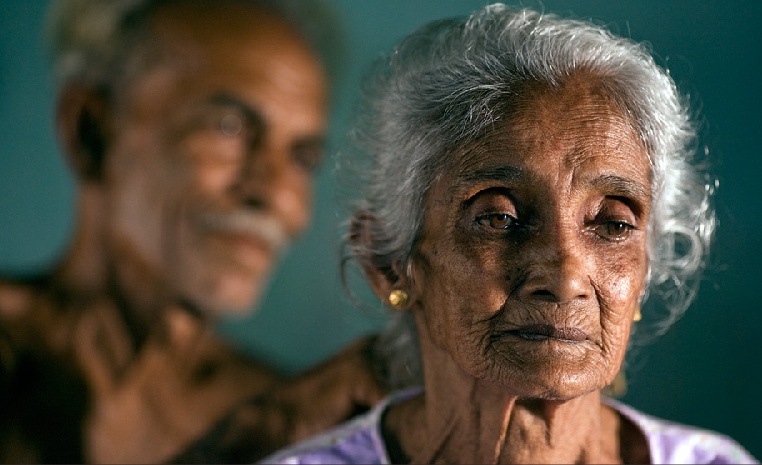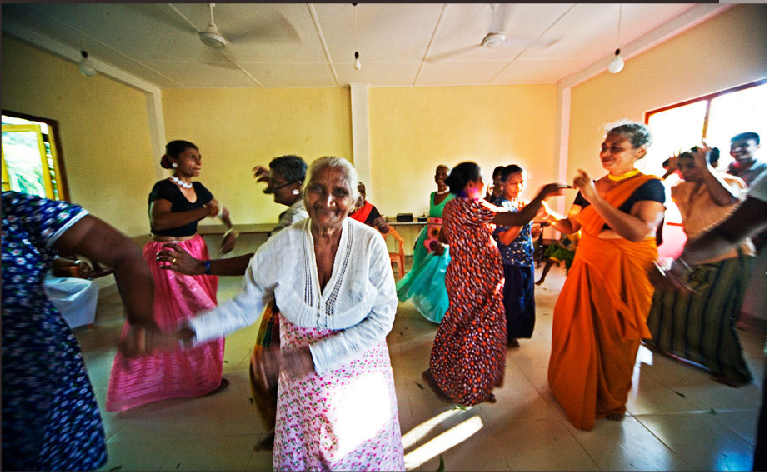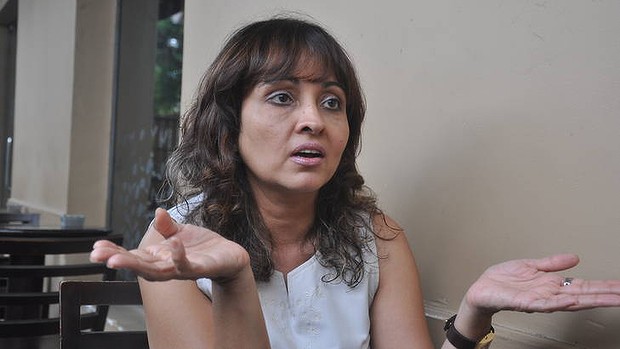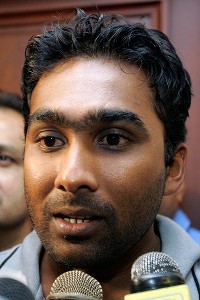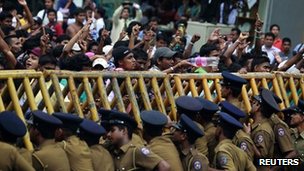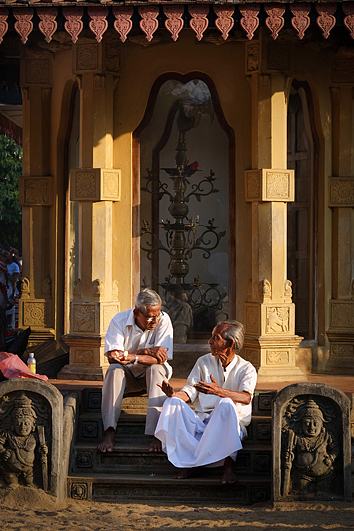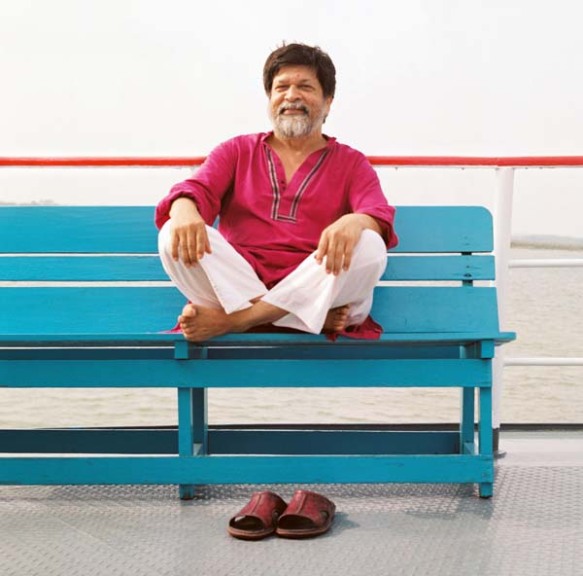
India and its near-abroad
Too slowly, India is realising that poor relations with its South Asian neighbours hold back its global ambitions
Jul 30th 2011 | from the print edition of the Economist

NO ONE loves a huge neighbour. For all that, India?s relations with the countries that ring it are abysmal. Of the eight with which it shares a land or maritime boundary, only two can be said to be happy with India: tiny Maldives, where India has the only foreign embassy and dispenses much largesse, and Bhutan, which has a policy of being happy about everything. Among its other South Asian neighbours, the world?s biggest democracy is incredible mainly because of its amazing ability to generate wariness and resentment.
Until recently it operated a shoot-to-kill policy towards migrant workers and cattle rustlers along its long border with Bangladesh. Over the years it has meddled madly in Nepal?s internal affairs. In Myanmar India snuggles up to the country?s thuggish dictators, leaving the beleaguered opposition to wonder what happened to India?s championing of democracy. Relations with Sri Lanka are conflicted. It treats China with more respect, but feuds with it about its border.
As for Pakistan, relations are defined by their animosity. One former Indian diplomat likened reconciling the two nuclear-tipped powers to treating two patients whose only disease is an allergy to each other. The observation underscores the fact that it takes two to have bad relations, and to be fair to India plenty of problems press in on it?many of them with their roots in India?s bloody partition in 1947. Pakistan has used a long-running territorial dispute over Kashmir as a reason to launch wars. It also exports terrorism to India, sometimes with the connivance of parts of the Pakistani state. India thinks Bangladesh also harbours India-hating terrorists.
With the notable exception of India?s prime minister, Manmohan Singh, who has heroically persisted in dialogue with Pakistan in the face of provocations and domestic resistance, India?s dealings with its neighbours are mostly driven by arrogance and neglect. It has shared shockingly little of its economic dynamism and new-found prosperity with those around it. Just 5% of South Asia?s trade is within the region.

Too little and too late, the neglect is starting to be replaced by engagement (see?article). This week Sonia Gandhi, dynastic leader of India?s ruling Congress Party, visited Bangladesh?a first. And on July 27th India?s foreign minister hosted his Pakistani counterpart, the first such meeting in a year. He promised a ?comprehensive, serious and sustained? dialogue.
A new regional engagement is prodded by two things. China?s rapid and increasingly assertive rise challenges India?s own regional dominance. As a foundation for its rise, China pursued a vigorous ?smile diplomacy? towards its neighbours that stands in contrast to slothful Indian energies. The smile has sometimes turned to snarl of late (see?Banyan). Even so, China?s engagement with its neighbours has allowed it both to prosper and to spread influence.
 interactive map
interactive map displays the various territorial claims of India, Pakistan and China from each country’s perspective
Second, dynamic India can hardly soar globally while mired in its own backyard. Promoting regional prosperity is surely the best way to persuade neighbours that its own rise is more of an opportunity than a threat. Yet India lacks any kind of vision. A region-wide energy market using northern neighbours? hydropower would transform South Asian economies. Vision, too, could go a long way to restoring ties that history has cut asunder, such as those between Karachi and Mumbai, once sister commercial cities but now as good as on different planets; and Kolkata and its huge former hinterland in Bangladesh. Without development and deeper integration, other resentments will be hard to soothe. It falls on the huge unloved neighbour to make the running.
BBC Documentary on Sino-Indian Rivalry and Bangladesh
http://downloads.bbc.co.uk/podcasts/worldservice/docarchive/docarchive_20100630-1227a.mp3
 30 Years Ago: An unprecedented look at Black July (via Ground Views)
30 Years Ago: An unprecedented look at Black July (via Ground Views)

